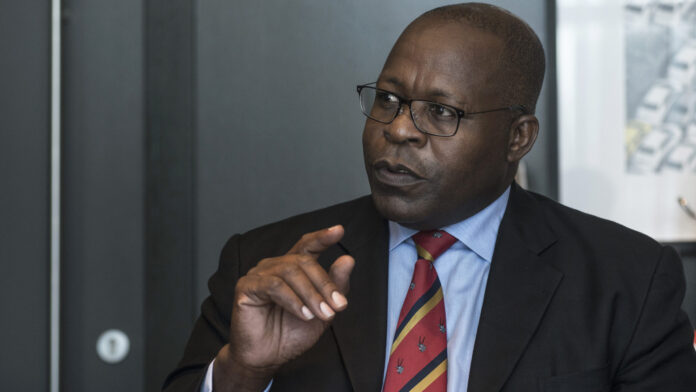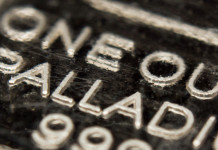Today, however, Exxaro is relatively noise free. In May it unveiled the R11.67bn acquisition of 60% in Tshipi Borwa, a large manganese mine in Limpopo. At the same time Exxaro announced that one of its nonexecutive directors, Magara, would take over from Tsengwa. There was also a refresh of the executive committee, the highlight of which was Caroline Shirindza’s appointment as head of coal.
For a board criticised for its lumbering, it was a canny move to appoint Magara and to tether his start to the manganese deal, even though head of business Richard Lilleike had done the heavy lifting. Magara is big on soft skills. “As in every organisation, [Exxaro] employees want to be trusted,” he told the Joburg Indaba conference. “They want to give their loyalty, they want to feel valued.”
Magara’s previous posting was at Lonmin in the wake of the Marikana massacre in 2012. Initially tasked with saving the company, he eventually coaxed it into the hands of Sibanye-Stillwater, which bought it for a song. It’s debatable whether Lonmin could have gone any other way, in the light of those events.
At Exxaro, however, the task is to build momentum.
Magara is expected to deliver on three fronts. The first is to start returning excess cash to shareholders. The acquisition of Tshipi Borwa removes the dealmaking execution risk. Magara tells the FM he expects that the company will announce a new dividend policy by lowering the current 2.5 times dividend cover. Exxaro’s Eskom business delivers about R6bn in revenue annually, an annuity stream that underpins the firm’s defensiveness.
The second requirement relates to the expectation investors will have of outperformance in coal production. Owing to logistical constraints on the line from Mpumalanga to Richards Bay, South Africa’s coal producers have sought to maximise exports by favouring their highest-grade coals. This is likely to lead to an increase in the discount to the API4 coal index as grades begin to fall. In contrast, Exxaro has a significant endowment of coal resources from which it can start to outperform rivals.
The third requirement of Magara is based on the view that coal and manganese prices have improved prospects. In addition, the iron ore price — to which Exxaro is exposed via its 20.1% stake in Sishen Iron Ore Co, a subsidiary of Kumba Iron Ore — is on an upward trajectory. “We believe Exxaro is well positioned to generate strong total shareholder returns given its defensive properties, compelling valuation metrics and potential to continue returning excess cash,” say UBS analysts in a recent note, which has a target price of R210 on the company’s shares.
Strategically, Exxaro has a number of options to pick over, such as consolidating the Northern Cape manganese fields. Jupiter Mines, a partner in Tshipi Borwa, is ripe for takeover at the right price. Similarly, Hotazel Manganese Mines is owned by South32 and Anglo American (through the Samancor joint venture) and these are potential sellers. Magara says Exxaro has “a foot in the door”, but will say no more about where its initial manganese investment could land.
Finally, there’s coal, Exxaro’s anchor business. While Exxaro is doubling the size of its renewable energy business from 229MW to 450MW by 2027, it has enormous option value on coal resources such as those at the Thabametsi mine in Limpopo. Magara says Exxaro would control 50% of the total South African production were all current miners to harvest existing economic reserves. That hints at the potential to entrench its dominance in the fuel that has recently won a new lease of life.
“The one thing I can say about coal is that it’s got a life beyond 2050,” says Magara. “We are looking for life extension opportunities.”
A version of this article first appeared in the Financial Mail.









